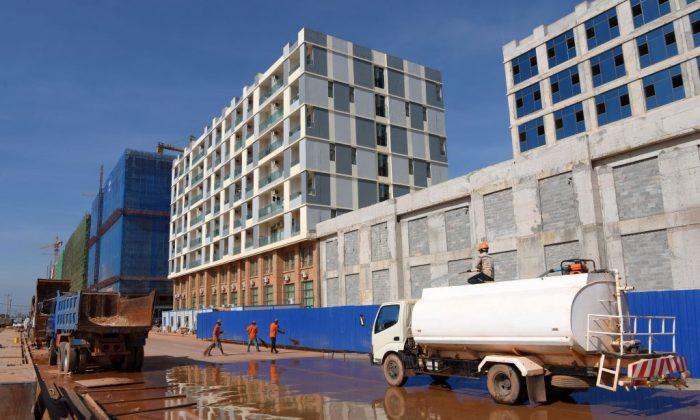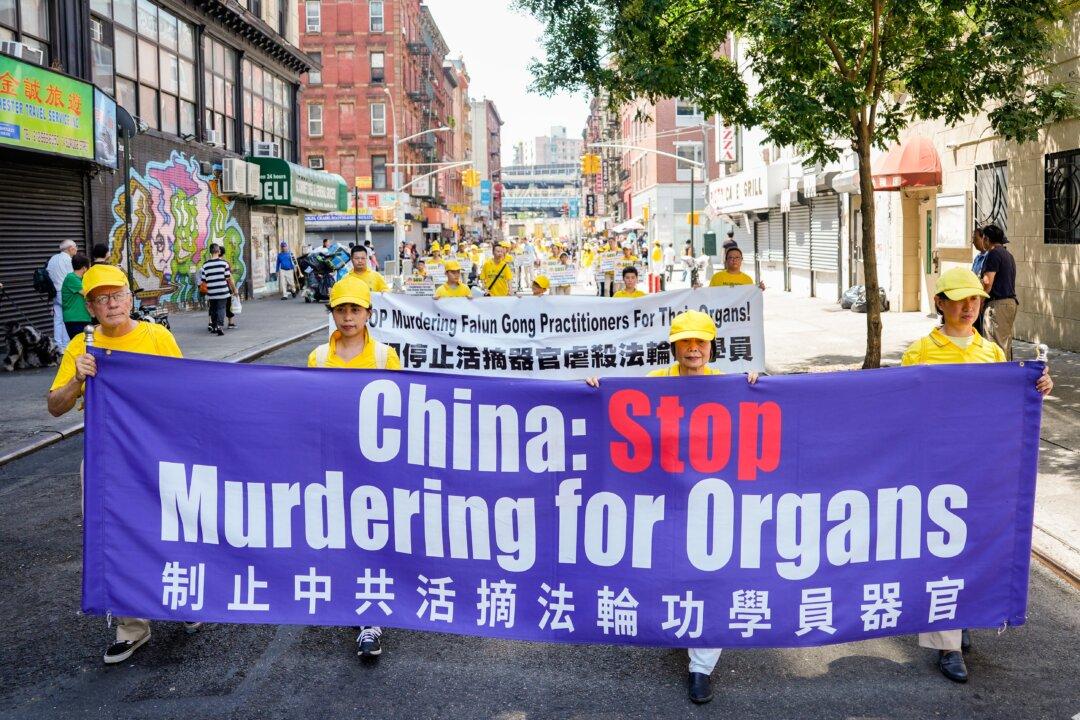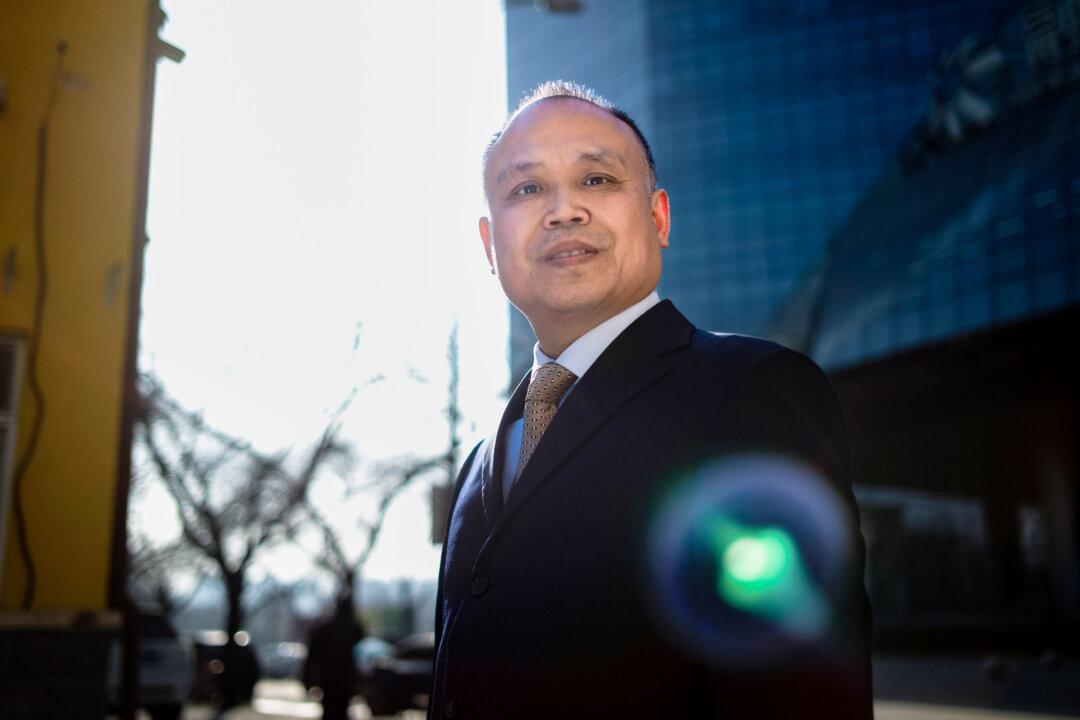As China invites world leaders and representatives to the capital to sign investment deals during the Belt and Road Forum that begins April 25, criticism is mounting over the negative impact of such deals for participating countries thus far.
There is growing international concern about China’s ties with Cambodia, one of the earliest supporters of the One Belt, One Road initiative (OBOR, also known as Belt and Road). Launched by Beijing in 2013, it is the Chinese regime’s flagship project to build up geopolitical influence via investments across Southeast Asia, African, Europe, and Latin America.
Hun also attended the first Belt and Road forum in 2017.
Cambodia Projects
Beijing has invested in numerous OBOR infrastructure projects in Cambodia, such as an expressway linking the Cambodian capital of Phnom Penh to Sihanoukville, a city that houses Cambodia’s only deepwater port; a new international airport at the resort town of Siem Reap; and a hydropower plant in Stung Treng, a province in northeast Cambodia. Sihanoukville sits facing the Gulf of Thailand and is in close proximity to the South China Sea, where Beijing has made broad territorial claims.Koul Panha, director of local NGO, Committee for Free and Fair Elections in Cambodia, said that Chinese investment is harming Cambodia, in an interview with RFA.
US Warning
Days before the Beijing forum, the U.S. Embassy in Phnom Penh on April 19 posted on its official Facebook page a message about Cambodia’s economic relationship with China.“China is Cambodia’s largest trade partner, but this relationship is heavily skewed in China’s favor,” the Facebook post read.
The post included a graph showing that Cambodia imported $5.286 billion worth of goods from China in 2017 while exporting $753 million to China in the same year. Meanwhile, Cambodia enjoyed a trade surplus of about $2.67 billion with the United States in the same year.
The trade imbalance with China does “not support jobs or industry in the same way Cambodia’s trade relationship with the United States or EU does,” the post read. “This is just one more way Cambodia has shifted from a more balanced and diverse economic approach to one more dependent on China.”
According to Chinese state-run media Xinhua, the corridor aims to boost Chinese cooperation with ASEAN (Association of Southeast Asian Nations) countries, connecting Nanning, the capital of southwestern China’s Guangxi region, with Vietnam, Laos, Cambodia, Thailand, Burma, and Malaysia.
“The CICPEC has the potential to erode the current security architecture in the region, allowing China to use its economic leverage to accumulate inordinate geopolitical power in its immediate neighborhood,” the paper stated.
U.S. officials have increasingly voiced concerns about China’s OBOR ambitions.
“The U. S. must lead efforts to engage recipient Belt and Road countries and empower them to negotiate Chinese investment on better terms,” Menendez added.






Friends Read Free